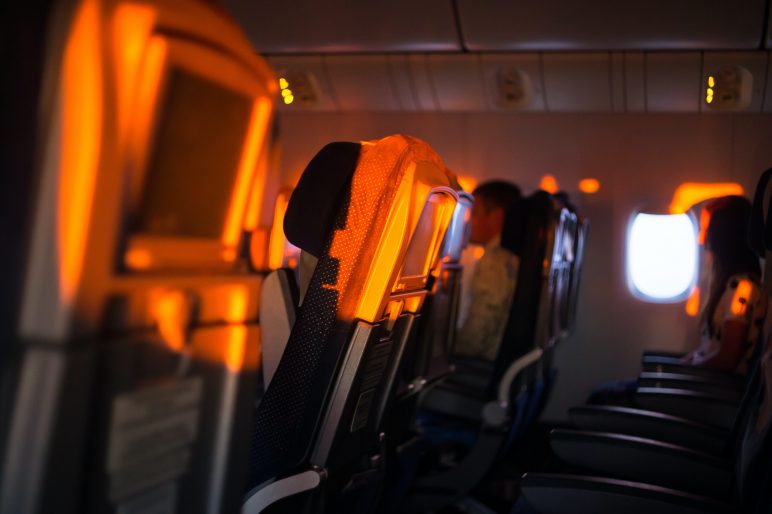Cleaning all kinds of public transportation has posed newer and intensified challenges since the onset of the COVID-19 pandemic, and plane travel is no different. Airlines are now seeing germ-repelling seat coverings to enable the continuation of the quick turnaround of planes to keep all their flights on schedule and retain revenue.
According to Bloomberg, the demand for germ-repelling seat coverings that deter the spread of viruses and bacteria has soared during the pandemic.
“The stakes are high for airlines,” said Quentin Munier, head of strategy and innovation at the seat division of aircraft-parts giant Safran SA. Tenders for new orders increasingly call for fabrics with virus-killing properties, he said.
The airline industry has been among the hardest hit by COVID-19 and most carriers have adopted strict health protocols on mask-wearing and cabin cleaning to cut transmission, restore passenger confidence, and boost travel. For example, industry lobby International Air Transport Association has published a 32-page document on how to scrub the inside of aircraft.
“Airlines are cleaning now, but that’s what they want to reduce,” Munier said, adding that a carrier that managed eight daily rotations on a given route before the pandemic can now do only six because of time-consuming disinfection procedures.
Safran is conducting tests with hospitals on the efficacy of fabrics into which so-called biocides have been integrated during manufacturing.
Another possibility is the use of sprays that can be applied to existing seats and last between six months and a year. These could lighten some of the procedures between flights and add a new dimension to the roughly US$4.2 billion jet-seat market.
IATA recommends using a vacuum cleaner to remove loose particles from fabric seat covers and wiping and drying those made of leather-like coverings, as well as the removal of visible stains or else changing a fabric, and that belts and buckles also be cleaned and disinfected.








